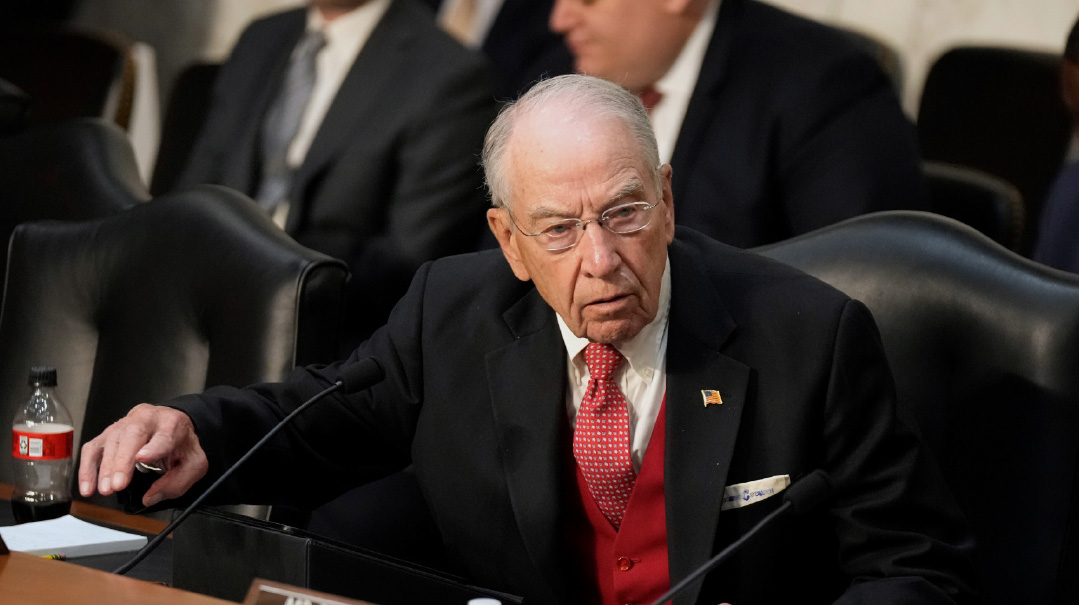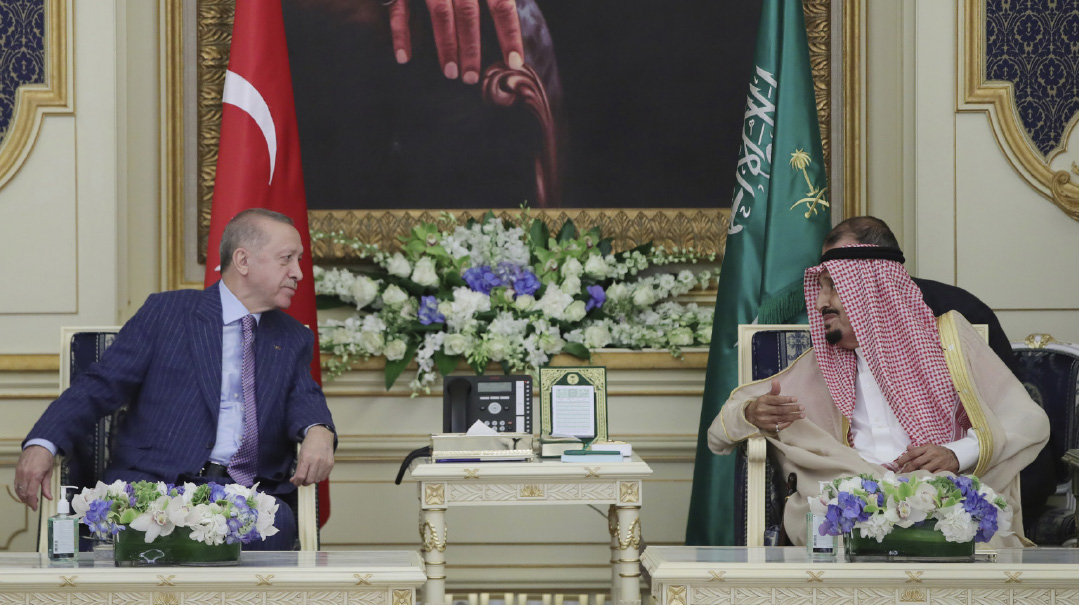Fire and Fury inside the Trump White House

Is Michael Wolff’s new best seller on President Trump’s first year in office an issue that will burn on, or will the fury die down?

Who is Michael Wolff?
Wolff, 64, hails from Paterson, New Jersey. His father was an advertising executive and his mother wrote for the Paterson Evening News. Wolff always had a flair for the sensational. His first magazine article, written in 1974 as a student at Vassar College, was published in the New York Times Magazine. It was a profile of his neighbor, Angela Atwood, a co-founder of the Symbionese Liberation Army left-wing terrorist group that kidnapped newspaper heiress Patricia Hearst that year.
Since then, Wolff has written six other books, including a biography of media mogul Rupert Murdoch. He is a regular columnist and contributor to USA Today and for several leading national publications, including New York magazine.
Is he a credible journalist or a glorified gossip columnist?
Wolff’s genre is a combination of both. The consensus among his colleagues is that his reporting is generally sound, but can be casual with the facts, giving them his own unique spin. The late New York Times media columnist David Carr once wrote: “Historically, one of the problems with Wolff’s omniscience is that while he may know all, he gets some of it wrong.”
However, Janice Min, one of Wolff’s editors and colleagues, told the New York Times that “nobody ever disputed the facts that were included on a [Wolff] piece.” She also told the Times that she attended the dinner party Wolff described in his book, where he reported on a conversation between Steve Bannon and former Fox News head Roger Ailes in which both expressed very unflattering views of Trump’s intellectual capacity. She said every word Wolff wrote about that conversation was true.
How can a reader distinguish between the facts, the spin, and any faulty interpretation?
First, let’s allow Wolff to answer this in his own words, from his author’s note. “Many of the accounts of what has happened in the Trump White House are in conflict with one another; many, in Trumpian fashion, are baldly untrue. Those conflicts, and that looseness with the truth, if not with reality itself, are an elemental thread of the book. Sometimes I have let the players offer their versions, in turn allowing the reader to judge them. In other instances, I have, through a consistency in accounts and through sources I have come to trust, settled on a version of events I believe to be true.”
Doesn’t that sound like a self-serving disclaimer, deflecting the blame onto his sources for anything that’s untrue?
To an extent, that’s a correct assessment. Parts of the book rely on gossip, which is often false or self-serving. Experienced reporters expect sources to mislead them, feed them trial balloons, disinformation, or self-serving information; at times, sources are not themselves fully informed of the facts. Part of a reporter’s job is to weigh opposing accounts and get back to the sources with follow-up questions, confronting them with any contradictions or outright falsehoods. Wolff does seem to be admitting he skimped on the last part.
On the other hand, he says he conducted some 200 interviews both before and after the election, and spent quality time as a welcome interloper inside the White House’s West Wing where Trump advisors work, so it is a fair professional assumption to make that Wolff had plenty of opportunity to cross-check stories and innuendo.
Haven’t many critics already pointed out examples of sloppy work in the book?
At press time, no one Wolff interviewed or sourced has done anything more than to quibble with the details. Did Rupert Murdoch call the president a “moron,” as Wolff wrote in his book, or an “idiot,” as Wolff wrote in a column published prior to the book? Or did he use both terms on different occasions? Wolff also confused Mike Berman with Mark Berman, incorrectly saying that Mark was eating breakfast at the Four Seasons restaurant in Washington when Ivanka Trump walked in. That’s a sloppy error, but Wolff was merely citing names of VIPs he spotted there that morning; Ivanka was actually there for a one-on-one with Dina Powell, a new White House advisor on the Middle East.
Why is the book making such a ruckus?
Wolff’s added value — which is enormously significant — was the depth of detail and a juicy insider tone that comes from him having planted himself on a sofa in the White House’s West Wing, where all the president’s major advisors work. Having said that, and with no intent to harm sales of a book that has become an overnight best seller, Wolff’s major revelations have been said before. Wolff surmises that Trump is unfit for the presidency, both temperamentally and because he lacks the policy chops. He details the feuds, infighting, and power struggles among Trump’s inner circle of advisors, family members, and fellow billionaires, but it wasn’t breaking news that Steve Bannon and Jared Kushner were foes.
And some of the critique was trivial, such as the advisor who was trying to explain the Constitution to Trump and saw his eyes glazing over by the time he got to the Fourth Amendment. Yes, the presidential oath of office includes a line about preserving, protecting, and defending the Constitution, but the president doesn’t have to be a scholar in the Founding Fathers’ stilted 18th-century English.
Does this mean Trump will be emerge undamaged from the book?
Not necessarily. The president should be concerned about fallout. Some of the revelations attributed to Steve Bannon over the Trump family’s business affairs will draw scrutiny from special prosecutor Robert Mueller III. Trump’s credibility with world leaders will be dented by the depiction of an administration crippled by tribal feuds and an inability to devise cohesive policies. Embarrassing revelations about family members and their infighting are hurtful, and in the bigger picture, reporting of this kind of personal nature dissuades decent people from seeking political office.
What must Trump do to contain the damage?
He’s already doing it, in typical Trumpian style, poking holes in the plausibility of the book and mocking the people who attacked him, especially Steve Bannon, who at press time, was trying to crawl back into Trump’s good graces. But it’s highly unlikely that Congress will invoke the 25th Amendment to declare Trump mentally incapable of being president based on Wolff’s book. This is a story with about a two-week shelf life — about the maximum for any story in today’s merciless news cycle. The best advice for Trump is to go back to governing and let the hoopla subside.
(Originally featured in Mishpacha, Issue 693)
Oops! We could not locate your form.













